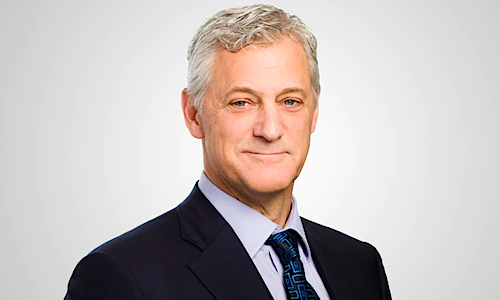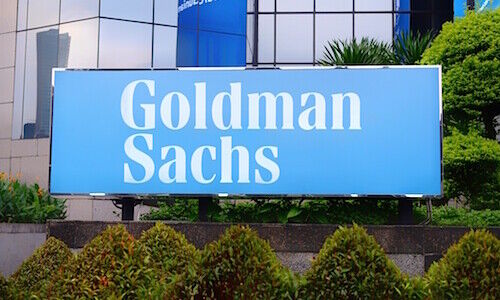Bill Winters: «No One Will Miss a Paycheck in 2020»
Standard Chartered chief executive Bill Winters made a bold statement to assure all employees will not a single paycheck in 2020.
«No one will miss a paycheck in 2020,» Winters said on a conference call during the bank’s second-quarter results announcement. «I’m not aware [of] other firms having made a similar commitment.»
The bold declaration was made in spite of the fact that the bank posted a 33 percent plunge in first-half profits. It also boosted credit impairment costs by six-fold to $1.58 billion, adding that it anticipates even lower income in the second half.
«The benefits of the early stage recovery in some of our markets and our geographic and product diversity are unlikely to be enough to offset the impact of low interest rates and the probability of less buoyant conditions for our financial markets business,» said Andy Halford, Standard Chartered's chief financial officer, in an exchange filing.
U.S.-China: No Quick Resolution
On rising U.S.-China tensions, the bank acknowledged economic and political headwinds ahead but reiterated its confidence in Hong Kong as a global financial hub.
«Relations between the U.S. and China remain highly charged, driven by both economic and political considerations,» said Standard Chartered chairman Jose Vinals in yesterday's earnings statement.
«We do not expect an easy or quick resolution. We do believe, however, that Hong Kong will continue to play a key role as an international financial hub.»
Hong Kong Confidence
In addition to confidence in the city’s hub status, Standard Chartered joins the chorus of believers in the strength of the Hong Kong dollar peg which was once reportedly considered as a potential area to be undermined by top officials in Washington before the suggestion was rejected due to implementation difficulties and the risk of damage to the U.S.
«The Hong Kong peg is extremely well-supported with monetary reserves in Hong Kong,» Winters said in a separate «Bloomberg» report, describing the peg as «unassailable».
«Attempts to undermine Hong Kong I’m afraid would have some pretty deleterious effects on the financial system more broadly and it’s hard to see any policymaker in the world thinking that’s a good thing to do anytime, but particularly now, during a pandemic.»



























